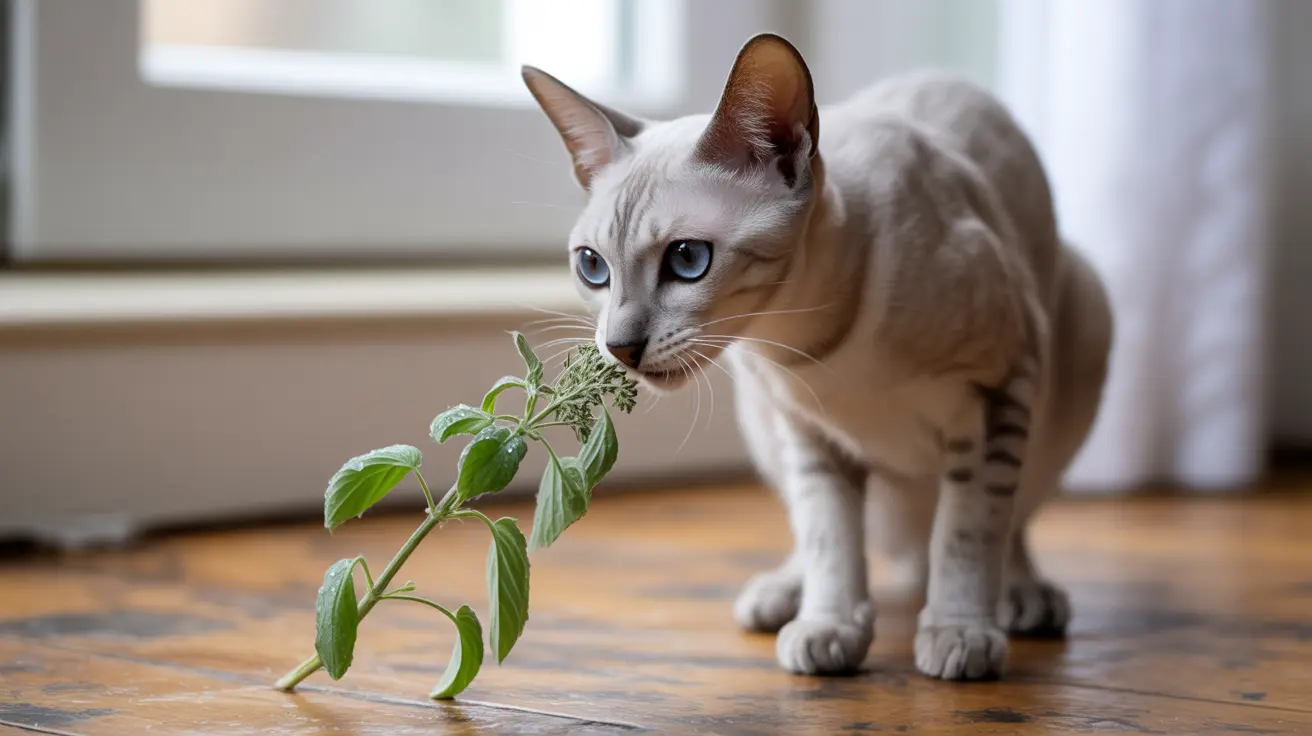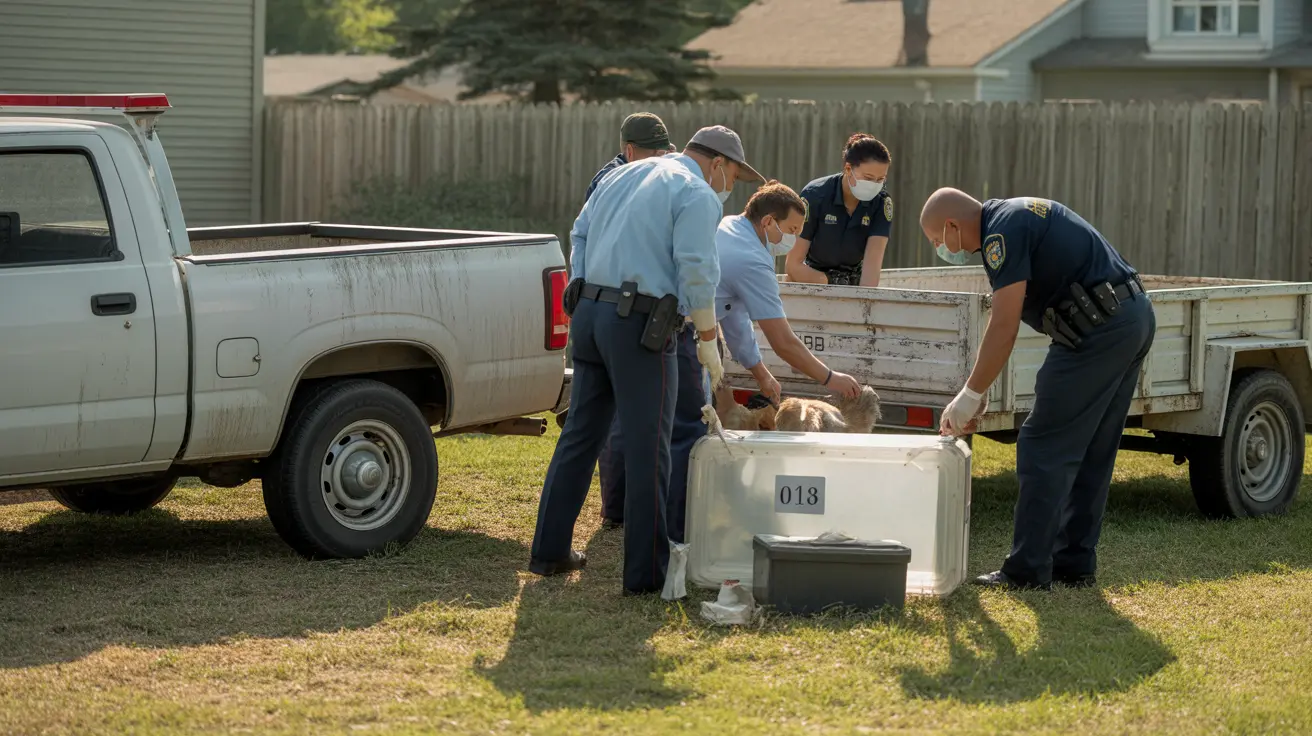Understanding Catnip's Effects on Cats
Catnip (Nepeta cataria) contains nepetalactone, a compound that triggers specific responses in cats' olfactory systems. When cats encounter this herb, approximately 60-80% experience a temporary euphoric reaction lasting 5-15 minutes. However, this response is primarily behavioral and sensory rather than medicinal.
The plant affects cats differently depending on whether it's inhaled or ingested. Inhalation typically produces stimulation, while ingestion may lead to mild sedation in some cats. Neither method has been scientifically proven to address nausea.
The Scientific Evidence on Catnip and Nausea
Current veterinary research provides little support for using catnip to treat feline nausea. While some traditional medicine practices suggest catnip might help with human digestive issues, these effects haven't been validated in cats through clinical studies.
In fact, veterinary experts caution that catnip might actually worsen gastrointestinal problems in some cases. The herb can cause stomach upset, particularly when consumed in large quantities.
Potential Risks and Contraindications
Several important considerations exist when it comes to giving catnip to nauseous cats:
- Possible gastrointestinal irritation
- Risk of vomiting and diarrhea from overconsumption
- Potential aggravation of existing stomach issues
- Varying individual sensitivity to catnip
For cats already experiencing nausea or digestive problems, introducing catnip could complicate their condition and mask important symptoms that require veterinary attention.
Safe Alternatives for Managing Feline Nausea
Instead of using catnip for nausea, veterinarians recommend several proven approaches:
- Consulting a veterinarian for proper diagnosis and treatment
- Following prescribed anti-nausea medications when needed
- Temporary food restriction under veterinary guidance
- Offering small amounts of bland, easily digestible food
- Ensuring adequate hydration
When to Seek Veterinary Care
If your cat shows signs of persistent nausea or vomiting, it's crucial to seek professional medical attention rather than attempting home remedies. These symptoms could indicate serious underlying conditions requiring proper diagnosis and treatment.
Frequently Asked Questions
Does catnip help relieve nausea in cats?
No, there is no scientific evidence supporting catnip's effectiveness in relieving feline nausea. In fact, catnip might potentially worsen gastrointestinal symptoms in some cats.
Can giving catnip to a nauseous cat cause vomiting or diarrhea?
Yes, catnip can cause vomiting and diarrhea, especially when consumed in large amounts. It's not recommended for cats already experiencing stomach upset.
How does catnip affect a cat's behavior and is it safe during stomach upset?
Catnip typically causes temporary excitement followed by relaxation in sensitive cats. However, it's not considered safe for cats experiencing stomach upset as it may exacerbate their symptoms.
What are the risks of feeding too much catnip to my cat?
Excessive catnip consumption can lead to gastrointestinal upset, vomiting, diarrhea, and in some cases, lethargy or aggressive behavior. Moderation is key when offering catnip to healthy cats.
When should I avoid giving catnip to my cat and consult a veterinarian?
Avoid giving catnip to cats showing signs of illness, particularly those with gastrointestinal symptoms. Always consult a veterinarian if your cat shows persistent signs of nausea, vomiting, or other concerning symptoms.
Remember, while catnip can be a safe and enjoyable treat for healthy cats, it should never be used as a substitute for proper veterinary care when your cat is experiencing nausea or other health issues.






